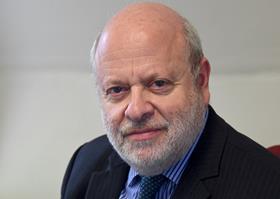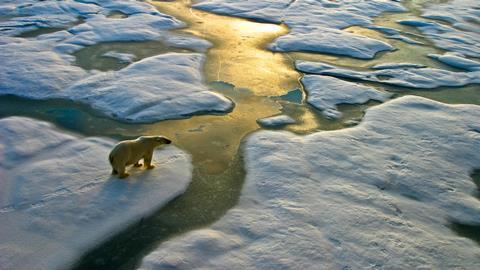One of the legal struggles of most significance to all of us, as citizens or lawyers, is the current attempt to align legal rights with the perils posed by climate change.

In essence, the question is this: is there a fundamental human right to a safe and stable environment? If there is, does the government have a duty to preserve it?
This has not traditionally been seen as one of the fundamental rights. It does not appear in its own right, for instance, in the European Convention of Human Rights. There are doubtless reasons for this. In the past, catastrophic events such as floods or earthquakes were seen as Acts of God and not of man or woman, unless of course they were specifically attributable to the action of one corporation or individual or group of individuals. But we are now living in a time when many acts which were traditionally attributed to God are generally accepted to be caused by generalised human activity around the world, such as the exploitation of fossil fuels. Does this give rise to a right to a UK citizen?
Without such a right, governments and large corporations, which are principally seen as responsible for global warming, cannot be brought to account. Many lawyers around the world, usually working for environmental NGOs such as ClientEarth, are involved in litigation to bring man-made climate change within the realm of justiciable activities. Many large law firms now have climate change departments, though often serving clients whom many see as responsible for our problems in the first place.
In this country, one of the most recent litigation efforts was Plan B Earth and Others v. The Secretary of State for Business, Energy, and Industrial Strategy. This complaint failed on appeal when the Court of Appeal held (to give a brutally brief summary of the relevant part of a complicated case) that although a governmental response to the need for environmental protection engages human rights in general, it was not relevant to the facts in the light of other findings that officials exercised proper discretion and understanding of the Paris climate accord and climate-related advice.
The Grantham Research Institute on Climate Change and the Environment at the LSE keeps a running total of climate change cases in the UK, and estimates them at 56. They are summarised here. There are estimated to be more than 1,300 climate suits around the world, from 29 countries. More than 1,000 of them are in the U.S. Some countries have been more receptive to the fundamental rights argument than others. Often the cases are brought on behalf of children, whose futures are threatened – rather similar to the legal complaint filed recently by Greta Thunberg and 16 young activists from 12 countries with the U.N. Committee on the Rights of the Child.
Juliana v. United States is one of the high profile cases in the US. It was filed on behalf of 21 children from 10 states, who allege a range of harms they have suffered because of global warming, among them having to live in homes flooded with raw sewage and without water or electricity; decreasing numbers of wild fish for meals; and family economic loss when decreasing levels of snow caused the closure of the ski resort where a parent worked.
One of the many arguments put forward in the case is based on the public trust doctrine, alleging that the government is a trustee of the environment, and as such, has a duty to preserve it. The remedies sought are court-supervised government plans to reduce carbon emissions. Interestingly, both sides in the case accept the science of global warming and the severity of its consequences. The disagreement is over whether the solution is legal (through the courts) or political (through the legislative process). It is believed that the eventual outcome will heavily influence future legal remedies.
The American Bar Association has also been busy in relation to climate change. In August, it passed a resolution, most of which was addressed to the responsibilities of governmental bodies, but with a section devoted to lawyers themselves:
‘That the American Bar Association urges lawyers to engage in pro bono activities to aid efforts to reduce greenhouse gas emissions and adapt to climate change, and to advise their clients of the risks and opportunities that climate change provides.’
So, the struggle continues to develop the correct legal tools to deal with a desperate challenge. It is something we as lawyers need to think about, building on cases which take place in other jurisdictions and using our own law imaginatively.
I would like to see the Law Society taking a lead on behalf of our profession, both alerting solicitors to the legal options, and joining the world-wide struggle to find appropriate remedies.
































15 Readers' comments